White Tea Leaf – सफेद चाय – 50Gms
White tea is a delicate and prized variety of tea made from the young, unopened buds and tender leaves of the Camellia sinensis plant, the same plant that produces green, oolong, and black tea. Its name comes from the fine, silvery-white downy hairs (known as “hao”) that cover these young buds before they unfurl.
Origin and History:
White tea traditionally originates from the Fujian Province in China, with historical records suggesting its production dates back to the Song Dynasty (960 – 1280 AD). While Fujian remains the primary and most renowned region for white tea, other areas in China (like Yunnan) and even other countries (such as India’s Darjeeling, Sri Lanka, and Malawi) have started producing their own versions of white tea.
Processing:
What truly distinguishes white tea from other types is its minimal processing. After being hand-picked, the leaves undergo a simple process that primarily involves:
- Withering: The harvested buds and leaves are spread out to naturally air dry, often in the sun or in controlled indoor environments. This allows them to slowly lose moisture.
- Drying: After sufficient withering, the leaves are gently dried to halt oxidation and further reduce moisture content. This can involve low heat or continued air drying.
Unlike green tea (which is quickly heated to prevent oxidation) or black tea (which is fully oxidized), white tea undergoes very little to no oxidation. This gentle handling preserves its delicate flavor profile and is believed to retain more of the natural compounds found in the fresh tea leaf.
Flavor Profile:
White tea is generally characterized by its subtle, delicate, and often sweet flavor. It tends to be lighter and mellower than green or black teas, with minimal astringency. The specific flavor notes can vary widely between types, ranging from floral and fruity to honey-like, woody, or even slightly hay-like.
Preparation:
To best appreciate its delicate notes, white tea is typically brewed with water at a lower temperature (around 175°-185°F or 80°-85°C) for a shorter steeping time (1-3 minutes). Over-steeping or using water that is too hot can cause the tea to become astringent. Many white teas can also be steeped multiple times.
We’ve used images to give you an idea of what to expect. If you’d like more details, feel free to call us at 8590303380.

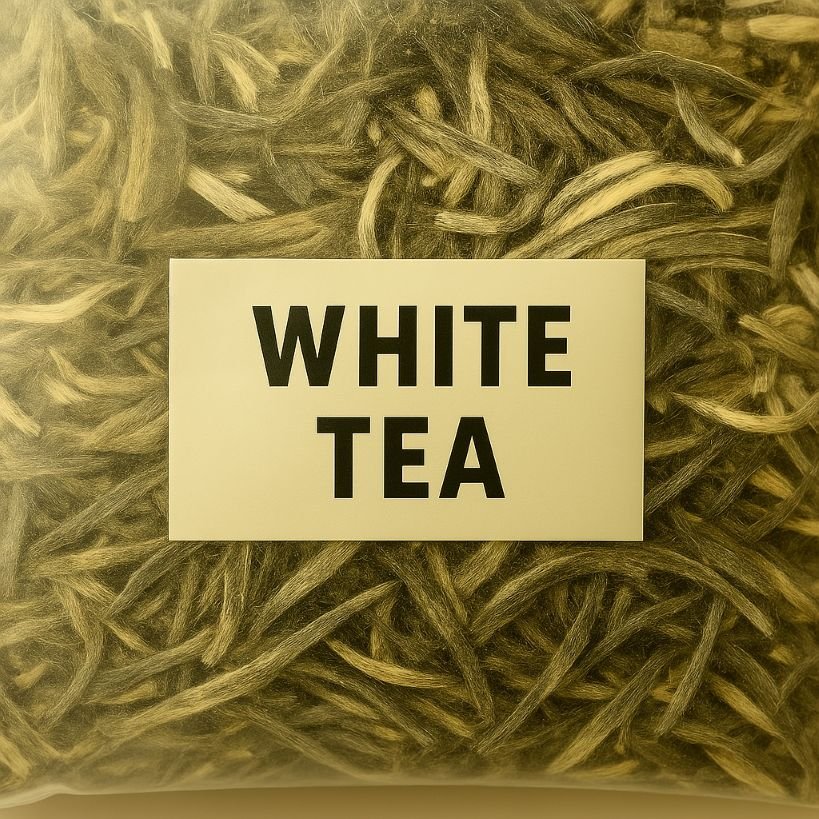
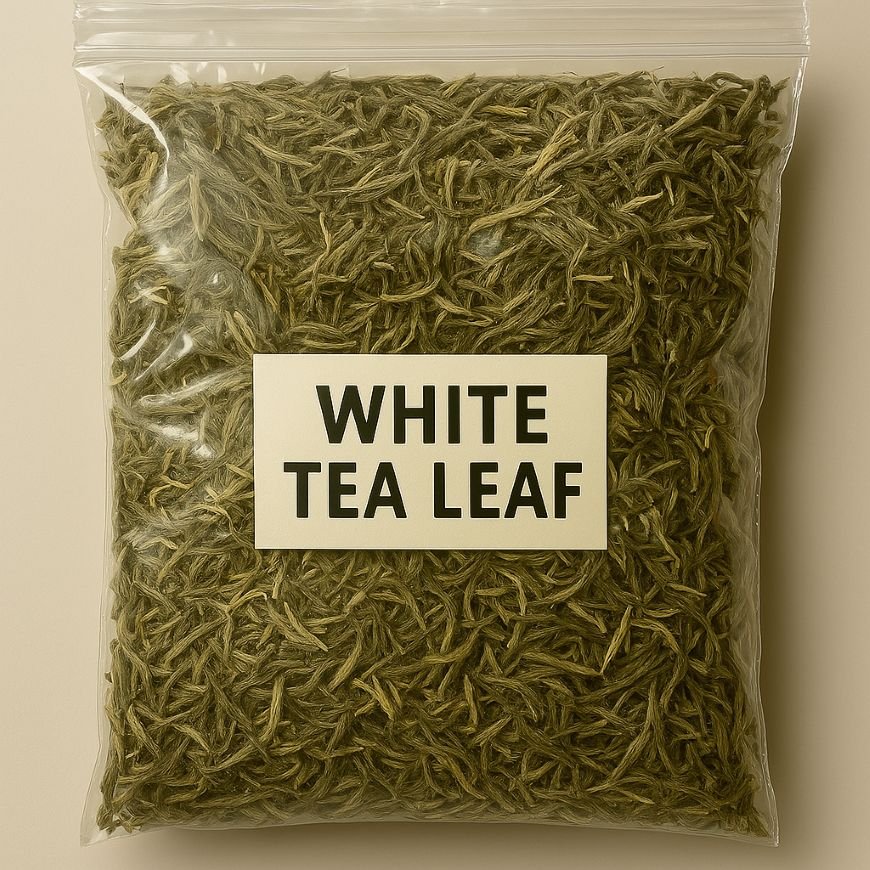
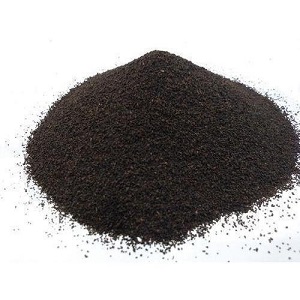

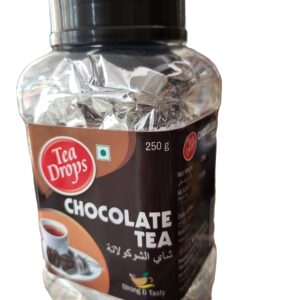
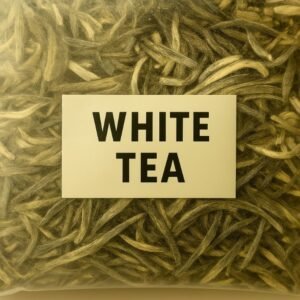
Reviews
There are no reviews yet